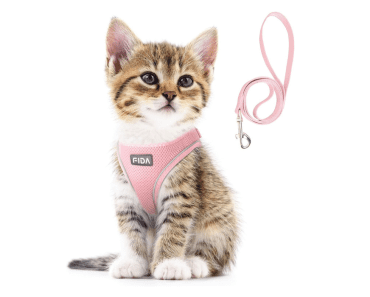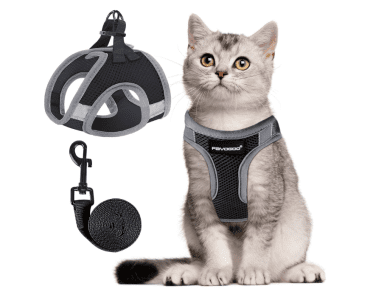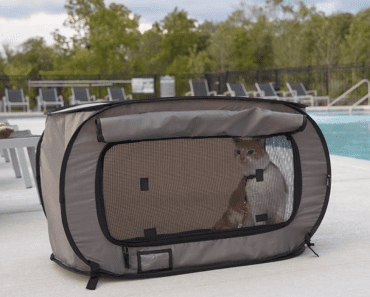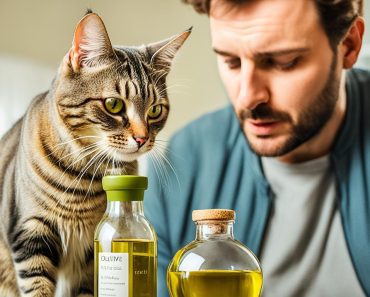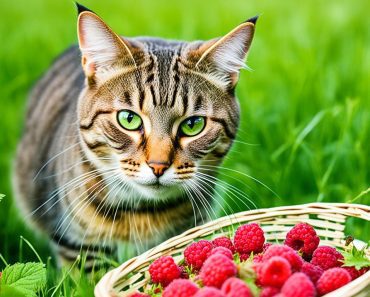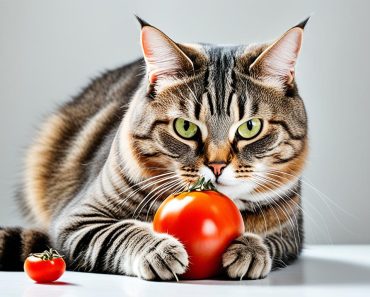As a cat owner, I understand the temptation to share a snack with your feline friend. However, when it comes to potato chips, it’s best to resist the urge. While it may seem harmless to offer your cat a chip or two, these crunchy snacks are not suitable for our furry companions. So, can cats eat chips?
When it comes to cat-friendly human foods, it’s important to consider their nutritional needs. Cats are obligate carnivores, which means their diet should primarily consist of meat. They require high levels of protein and minimal carbohydrates.
Potato chips, unfortunately, don’t meet these dietary requirements. They are unhealthy for cats due to their high salt and saturated fat content. Feeding your cat chips can lead to health issues such as obesity and heart disease.
Before offering any human food to your cat, it’s always a good idea to consult with a veterinarian. They can provide guidance on what foods are safe and appropriate for your furry friend.
Can Cats Eat Chips? Yes, they can, but it is not advisable.
- Feeding cats potato chips is not recommended due to their high salt and saturated fat content.
- Cats are obligate carnivores and require a diet high in protein and low in carbohydrates.
- Consult with a veterinarian before offering any human food to your cat.
- Avoid feeding your cat potato chips to prevent health issues such as obesity and heart disease.
- Opt for cat-friendly treats that are specifically formulated to meet their dietary needs.
The Lowdown on Chips
Potato chips are considered an unhealthy snack for humans due to their high salt content and saturated fats. While potato chips are not toxic to cats, they are not recommended for feline consumption.
Cats require a diet that is high in protein and low in carbohydrates, and chips do not provide any nutritional value. Feeding cats chips can lead to excessive salt intake and potential health issues.
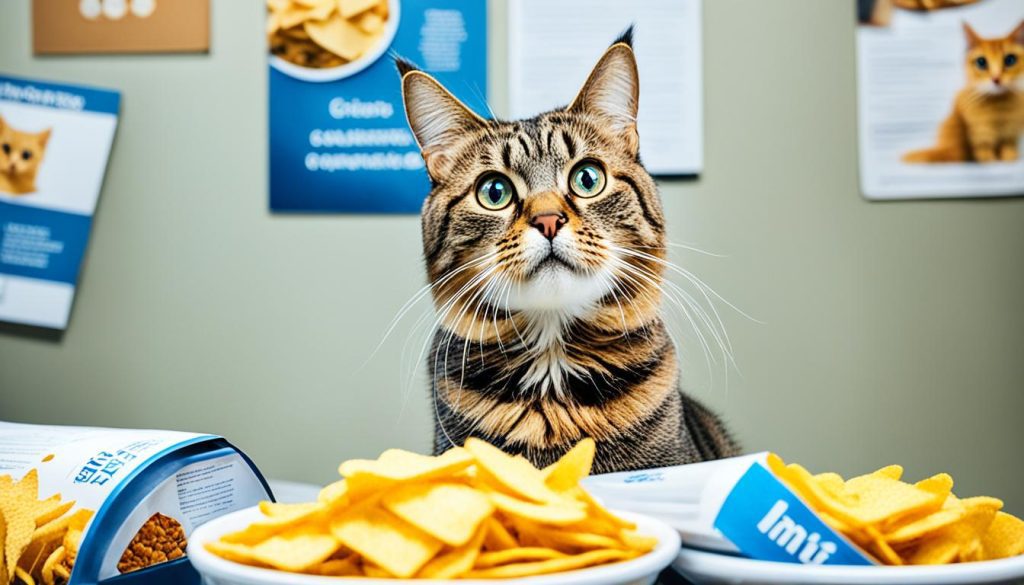
Your Cat Is a Carnivore
Cats are fascinating animals with unique dietary requirements. Unlike humans and some other animals, cats are obligate carnivores, which means they rely on meat to meet their nutritional needs and thrive.
As obligate carnivores, cats require a diet that is high in protein and moderate in fat. Protein is essential for supporting their muscle growth and maintenance, as well as providing energy. Additionally, cats have a lower enzyme activity for digesting carbohydrates compared to dogs, making them better suited for a low-carbohydrate diet.
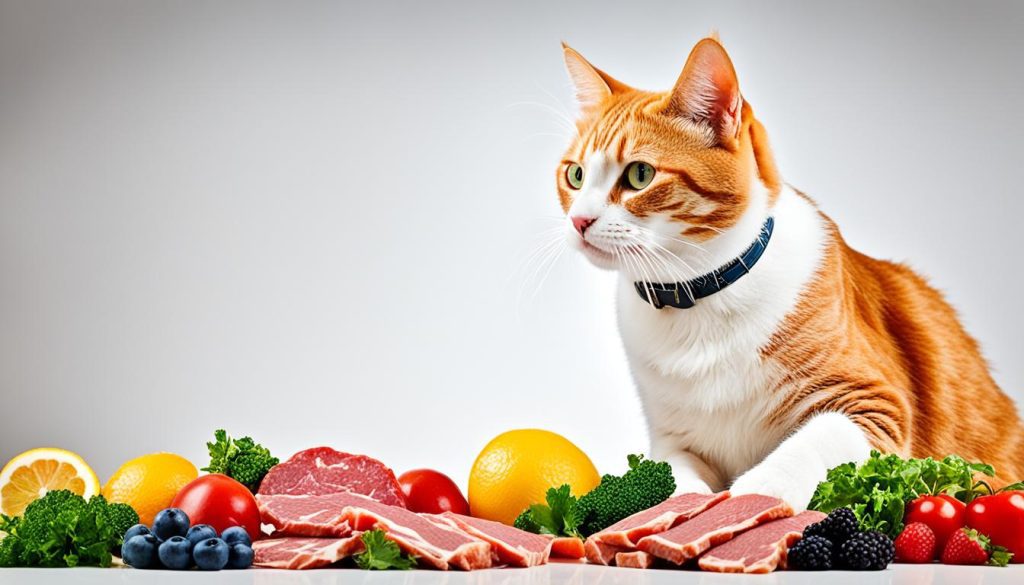
While cats can use carbohydrates as a source of energy, excessive carb intake may not be suitable for cats with certain digestive issues or diabetes. It is important to consult with a veterinarian to determine the best diet for your cat’s specific needs.
Dry cat food that is high in carbohydrates has been linked to an increased risk of obesity in cats. Obesity can lead to various health problems, such as diabetes and joint issues. Therefore, it is advisable to choose cat food that is formulated to provide the necessary protein and fat content while minimizing carbohydrates.
To ensure your cat’s well-being, it is crucial to meet their dietary requirements as obligate carnivores. Providing them with a balanced diet that focuses on high-quality animal protein is essential for their overall health and happiness.
Chips and the Cat
Potato chips may not be on the list of harmful or toxic foods for cats provided by veterinarians. However, it is not recommended to feed cats potato chips due to their lack of nutritional value and potential inclusion of ingredients that can be harmful to cats. These ingredients may include onion, garlic, and cheese, which can be toxic to feline companions. Although a small piece of potato chip is unlikely to cause harm, it is still best to avoid feeding chips to cats.
Conclusion
After considering the potential risks and nutritional implications, it is clear that cats should not be fed potato chips or other inappropriate human snacks. While a small piece of a potato chip is unlikely to cause immediate harm, it is not a habit that pet owners should engage in.
Cats have specific dietary requirements that should be met in order to maintain their overall health and well-being. A cat’s diet should consist of a well-balanced protein source and should not include excessive amounts of carbohydrates, salt, or fat. Feeding cats chips can lead to various health issues, including obesity and heart disease.
It is always important to consult with a veterinarian regarding your cat’s specific health concerns and dietary needs. They can provide valuable guidance and recommend healthy treats for cats that are specifically formulated to meet their nutritional requirements. By consulting a veterinarian, you can ensure that your cat receives the proper diet and treats that contribute to their overall health and happiness.

